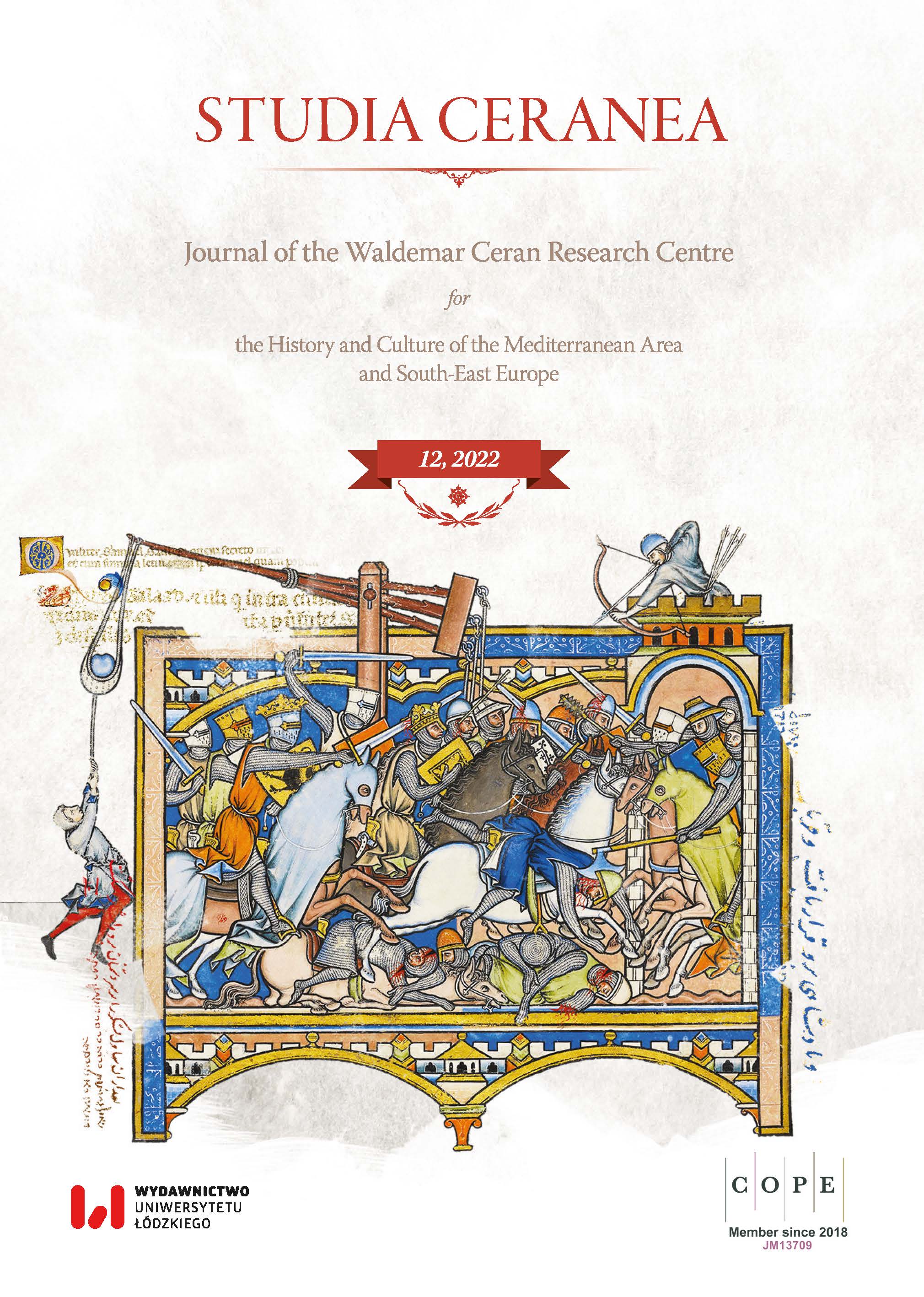Ideology behind the Naming: On the Origin of Basil II’s Appellation ‘Scythicus’
Ideology behind the Naming: On the Origin of Basil II’s Appellation ‘Scythicus’
Author(s): Mitko PanovSubject(s): History, Middle Ages
Published by: Wydawnictwo Uniwersytetu Łódzkiego
Keywords: Byzantium; terminology; ideology; Basil II; Samuel’s State; Scythians; Mysians; Macedonians
Summary/Abstract: The paper examines the terminology used by the Byzantine authors of the 10th and 11th century as regards the Samuel’s State, which was largely shaped by the Byzantine ideology and momentary aim of the political propaganda. The analysis of the Byzantine sources shows that by the end of the 10th century Basil II became known as “Scythicus”, because of his military achievements against Samuel’s State. The same context derives from Basil II’s verse Epitaph which contains ideological message about the accomplished mission given to Basil II by Christ himself in defeating the “Scythians”. Hence, Basil II was known and wanted to be remembered, among other, as the victor over the Scythians, thus designating the enemies coming from the Samuel’s State. Following this notion, in his narrative Michael Psellos portrayed Basil II as the vanquisher of the Scythians. Psellos even provided ideological context of the subjugation of the Samuel’s State, remarking that by this Basil II actually converted these people and turned them towards God.
- Issue Year: 2022
- Issue No: 12
- Page Range: 739-750
- Page Count: 12
- Language: English

